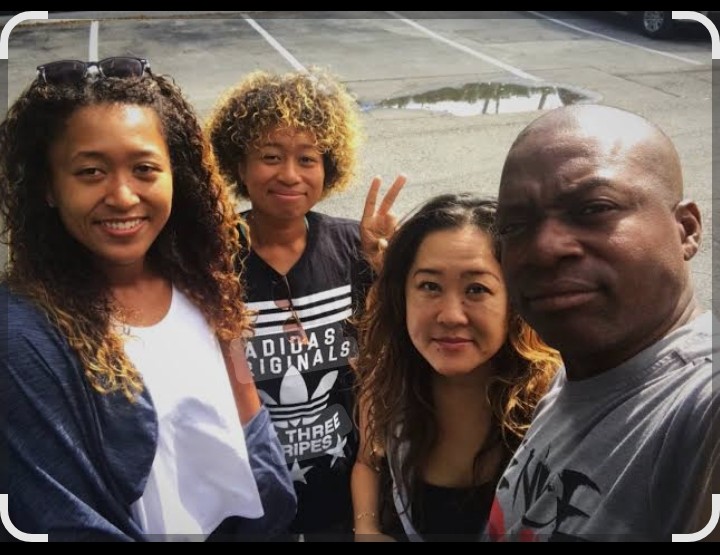The Osaka name has long been synonymous with excellence, discipline, and quiet power in the world of tennis. But behind the glitz of Grand Slams and global endorsements, a storm has erupted—one that threatens to shatter the pristine image of the family that raised a champion. In a shocking and emotional outburst on social media, Mari Osaka, the elder sister of tennis star Naomi Osaka, accused their father, Leonard François, of years of traumatic abuse.
Mari, herself a former professional tennis player, took to Instagram earlier this year to publicly reveal what she described as years of physical and emotional torment at the hands of their father. Though the post was swiftly deleted, screenshots and summaries began circulating online, igniting a firestorm of speculation and concern. “You have abused me since I was young and continue to harass my mother,” Mari wrote. She detailed alleged threats, manipulation, and physical violence that haunted their household long before the world knew the name Naomi Osaka.
In perhaps the most chilling part of the now-viral message, Mari stated, “If you come back with the intention of hitting us, I will kill you.” It was a cry of anguish and rage—shocking in its intensity, but undeniably powerful in its honesty. The tennis world, used to polite press conferences and polite rivalries, was suddenly confronted with a disturbing narrative far removed from the center court.
Leonard François has yet to publicly respond to the accusations. Known as the driving force behind Naomi’s early tennis development, he famously modeled her training regime after Richard Williams, father of Venus and Serena. The family’s story was often framed as one of triumph—of a father’s vision and a daughter’s success. But Mari’s post suggests a far more complex and painful reality: one where the pursuit of greatness came at a personal cost far too heavy to bear.
The revelations have sparked widespread conversations about the hidden pressures behind elite athletic success. How much control is too much when raising a champion? At what point does coaching cross the line into coercion or even abuse? Fans, journalists, and mental health advocates are now revisiting Naomi’s past decisions—her surprise withdrawals from major tournaments, her vocal struggle with depression and anxiety, her decision to become a mother and step back from tennis. Were these moves not just about self-care, but also a break from a toxic family dynamic?
Naomi has not commented publicly on her sister’s claims. Her silence is telling. Known for her emotional openness and fierce advocacy for mental health, the absence of a statement suggests a wound perhaps still too deep to speak of. It raises the unsettling possibility that Mari’s pain may not be hers alone.
What began as a feel-good story of a close-knit family building tennis greatness now reads more like a cautionary tale of ambition, trauma, and control. One thing is clear: the Osaka family legacy is no longer just about victories on the court—but also the long-overdue reckoning off it.

Corporal punishment is very common in Haitian households. God knows how many times I got Belted as a kid. We are learning and being better parents.